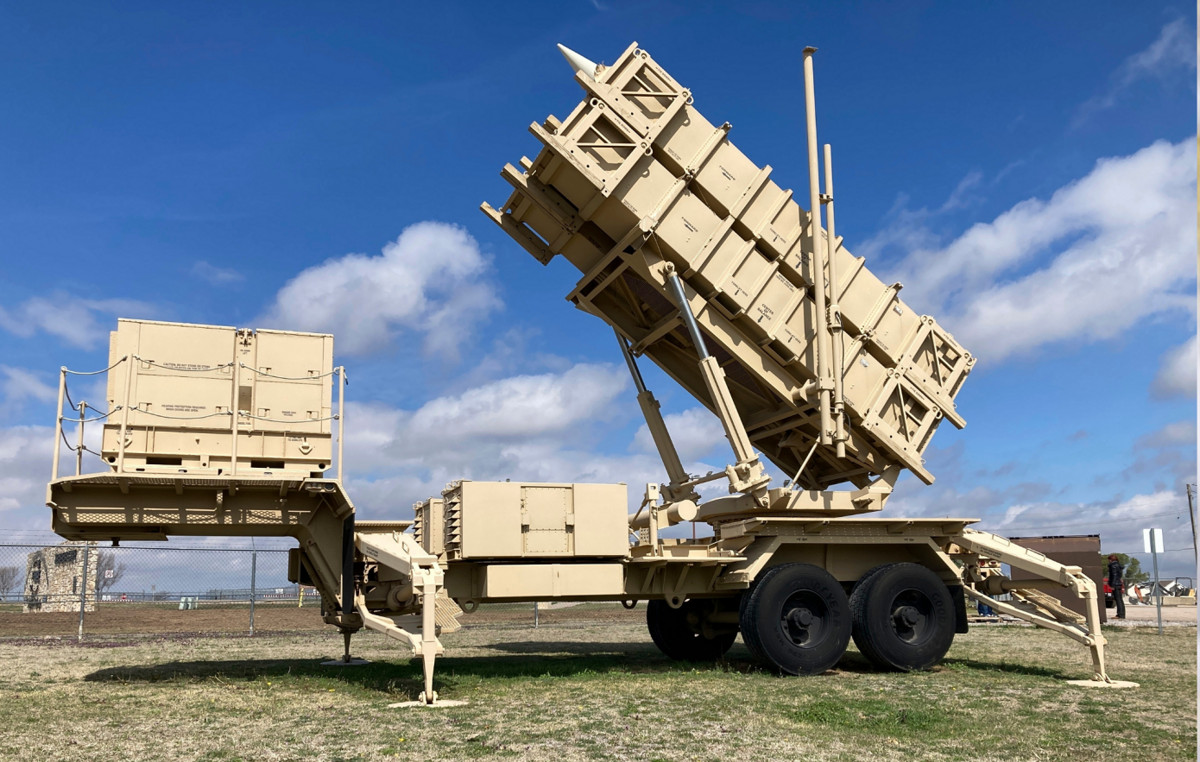Billionaire entrepreneur Elon Musk’s brain chip startup Neuralink said on Tuesday it has received approval from an independent review board to begin recruitment for the first-in-human trial of its brain implant for patients with paralysis.
People with paralysis caused by cervical spinal cord injury or amyotrophic lateral sclerosis (ALS) may qualify for the study, the company said, but it was not revealed how many participants would be included in the research, which will take about six years to complete.
The study will use a robot to surgically place a brain-computer interface (BCI) implant in a region of the brain that controls intention to move, Neuralink said, adding that its initial goal is to allow people to control a computer cursor or keyboard using just your thoughts.
The company, which had hoped to receive approval to implant its device in ten patients, was negotiating for a smaller number of patients with the US Food and Drug Administration (FDA) after the agency raised safety concerns, according to former employees. and current employees.
It’s unknown how many patients the FDA ended up approving.
Musk has big ambitions for Neuralink, saying it would facilitate rapid surgical insertion of his chip devices to treat diseases such as obesity, autism spectrum disorder, depression and schizophrenia.
In May, the company said it had received FDA clearance for its first human clinical trial, when it was already under federal scrutiny for its handling of animal tests.
Even if the BCI device proves safe for human use, it would still take more than a decade for the startup to obtain authorization for commercial use, according to experts.
Source: CNN Brasil
Charles Grill is a tech-savvy writer with over 3 years of experience in the field. He writes on a variety of technology-related topics and has a strong focus on the latest advancements in the industry. He is connected with several online news websites and is currently contributing to a technology-focused platform.







